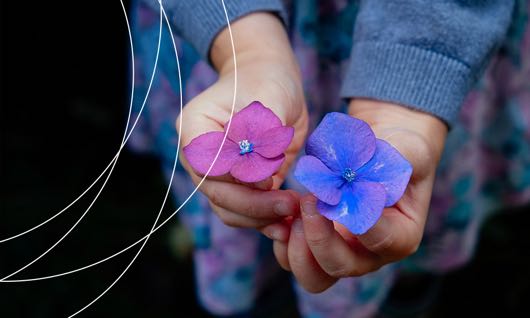Working together
Establishing our relationship with you
In our ‘facilitated conversations’ and ‘help in a crisis’ work we adopt a supportive, accompanying approach to help deepen your relationships with each other and engage with any conflict and differences. That said, we are not a counselling service and nor is it within our power to ‘fix things’. (See our guiding principles for more information). In seeking to be transparent with one another about mutual expectations, from the outset we will agree the process, any costs and a clear end point. Practically we will need your help in finding dates for conversations and suitable venues. For more about how we work visit the confidentiality and practicalities page.
Group work agreements
To enable group conversations to be effective, we help groups we work with identify and agree for themselves their own working agreement. This would typically cover:
- How we as a group want to listen to each other
- How everyone can have a voice
- The importance of only speaking for ourselves
- How we will respect one another
- Our approach to confidentiality and how we’ll use of technology
“Peace is the absence of war, but beyond that peace is a commodity unlike any other. Peace is security. Peace is a mindset. Peace is a way of living. Peace is the capacity to transcend past hurts—to break cycles of violence and forge new pathways that say, ‘I would like to make sure we live as a community where there is justice, security, and development for all members.’ At the end of the day, peace is an investment; it is something you create by investing in a way of life and monitoring where your resources go.” — Noeleen Heyzer
Related Articles

Reconciliation:
To Repair with God
An article by Nancy Adams, featured in ‘Inspires’ exploring the art of reconciliation and the dynamic of conflict.

Place for Hope: The Need for Reconcilers
An article by Hugh Donald, featured in ‘The Edge’, discussing the call to reconciliation and the journey of Place for Hope